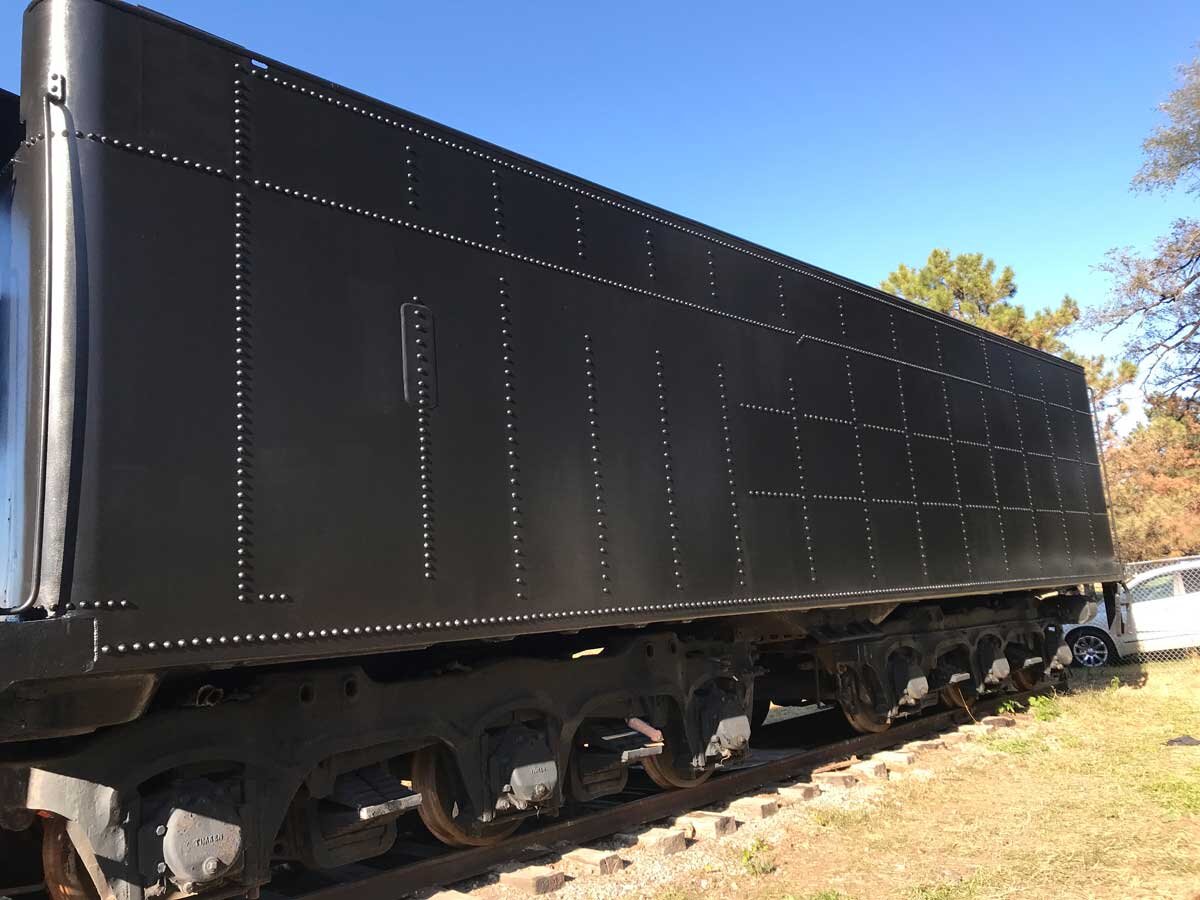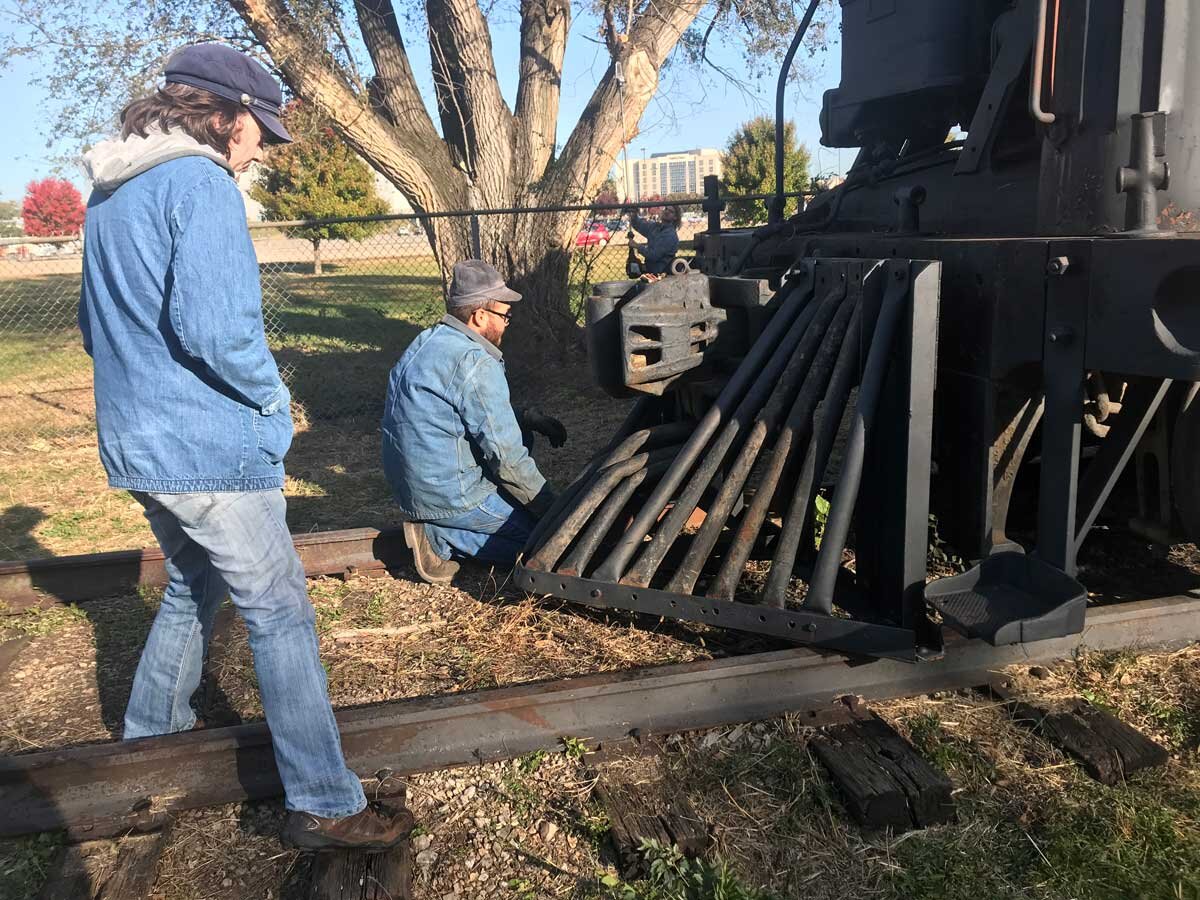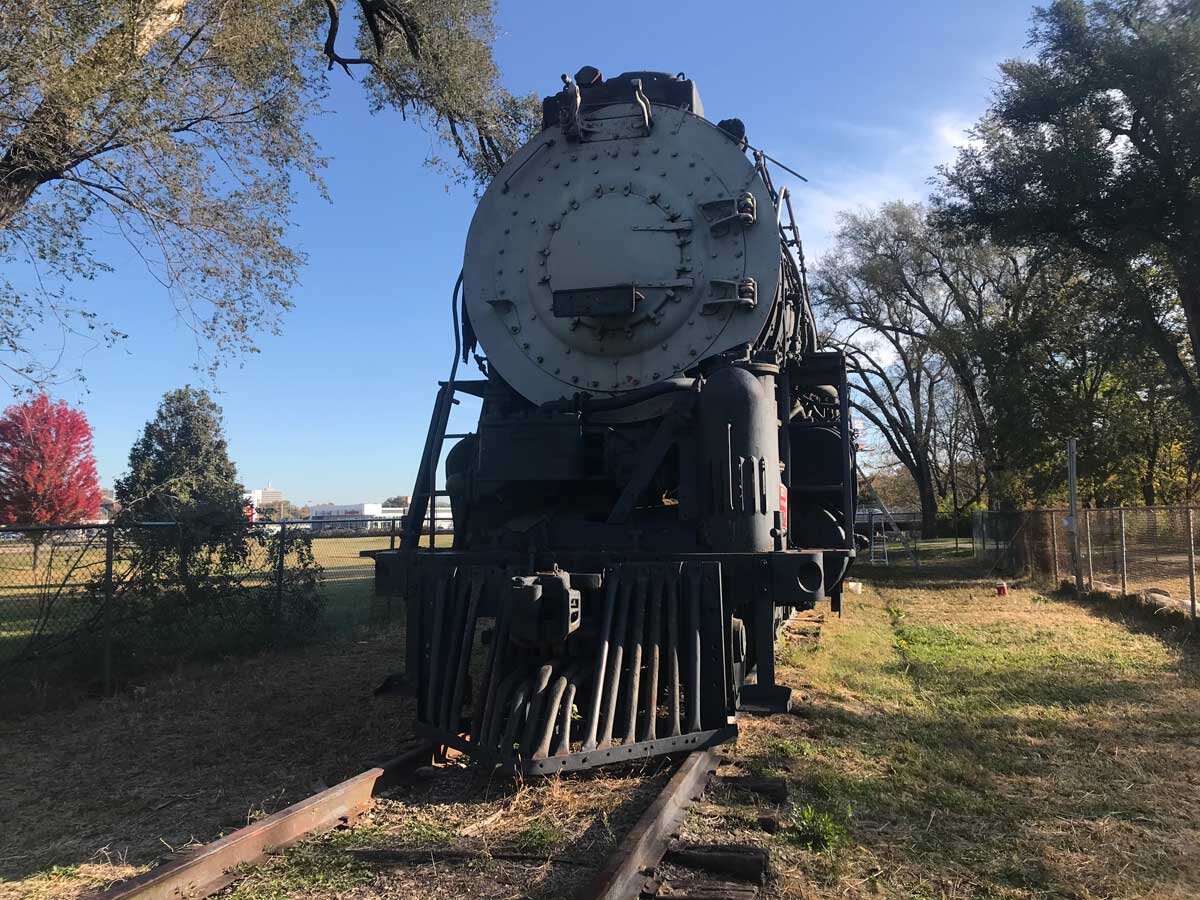T O P E K A, K A N S A S | January 23, 2018 – The ownership dispute over former Atchison, Topeka & Santa Fe Railway steam locomotive number 3463 (ATSF 3463) has been settled by an agreement of four parties, with ownership finally vested in favor of the Coalition for Sustainable Rail (CSR). An agreement between CSR, the City of Topeka, the Attorney General of Kansas, and the Great Overland Station ratified last week clarifies that the 1937-built steam engine is the property of CSR. The Minnesota-based not-for-profit also announced this week that it will be shifting its goals with the locomotive from research to preservation.
“We are thankful to the hard work and dedication of the City of Topeka, the Kansas Attorney General, the Great Overland Station and, certainly, the outstanding team at Frieden, Unrein, and Forbes, LLP, that handled this unique and challenging case,” said CSR President Davidson Ward. “We look forward to continuing our work in Topeka, especially as we announced today our shift in plans for the one-of-a-kind locomotive from solid biofuel testbed to preserved artifact.”
When CSR initially announced its biofuel and steam technology project in mid-2012, it had sought to use ATSF 3463 as a centerpiece of the research and as a showpiece of the technology. This plan was put abruptly on hold in 2013 due to an ownership dispute over the steam engine, and CSR leadership pursued other avenues to keep the research progressing despite the delay.
“Instead of hoping and waiting for the lawsuit to be resolved in our favor, we decided to continue our pursuit of solid biofuel, steam locomotive, and advanced steam technologies,” said CSR Senior Mechanical Engineer Wolf Fengler. “Now that those initiatives are well underway, vetting the theories we had hoped to prove with the Santa Fe locomotive, we have opted to table our plans to modify the engine as a testbed. Instead, CSR will work with collaborators in Topeka to ensure the locomotive is moved, preserved, and, if practical, restored to operation.”







